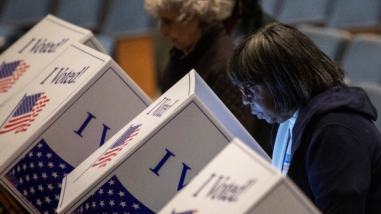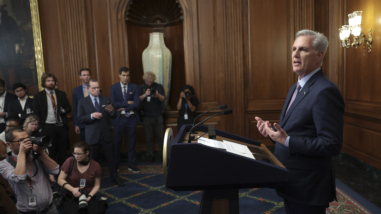Massachusetts Institute of Technology
For A Project To Expand J-PAL’s Existing Efforts In East And West Africa
-
Amount$500,000
-
Program
-
Date Awarded9/29/2020
-
Term24.0 Months
-
Type of SupportProject
Overview
The Abdul Latif Jameel Poverty Action Lab (J-PAL)) at the Massachusetts Institute of Technology was founded on the belief that anti-poverty programs can be made more effective - thus creating positive change in the lives of the poor - if policymakers have access to rigorous scientific evidence on what works and the capacities to apply it. This grant will support J-PAL's efforts to deepen its work in East and West Africa. Specifically, J-PAL plans to (a) build partnerships with select African governments, multilateral donors, research centers, and universities; (b) expand collaborations between East and West African scholars and J-PAL's research affiliates; and (c) support major development actors in Africa to incorporate evidence into the design of large programs. (Strategy: Evidence-Informed Policymaking)
About the Grantee
Grantee Website
www.mit.edu
Address
77 Massachusetts Avenue 26-237, Cambridge, MA, 02139-4307, United States
Grants to this Grantee
for CEEPR’s Industrial Strategy Economic Monitor
A team at MIT, in collaboration with researchers at Stanford and Employ America, is developing the Industrial Strategy Economic Monitor to assess progress implementing U.S. industrial strategy. The monitor will feature a data tool enabling users to easily visualize and download data — including on employment, input costs, investment, output, and trade — and a dashboard summarizing data by industry and production stage. It will facilitate close-to-real-time assessment of tailwinds and headwinds for targeted industries and the broader macroeconomy, spur debate and research on the best way to evaluate industrial strategies, and promote high-quality, nonpartisan analysis of the industrial strategy experiment.
for support of the AI + Open Education Initiative
MIT Open Learning transforms education at MIT and around the globe through innovative digital technologies. With this grant, MIT Open Learning will solicit rapid response papers and multimedia projects from stakeholders in the United States and internationally to articulate how generative AI might accelerate (or hinder) the promise of open education to offer engaging learning experiences. This work will draw upon MIT’s connections with trailblazers who are shaping AI and open education, and it will inform approaches for developing effective teaching practices and bolstering an inclusive open education field responsive to diverse stakeholders. (Substrategy: Field Building)
for support of the Election Data and Science Lab
The MIT Election Data and Science Lab advances and disseminates scientific knowledge about the conduct of elections, primarily in the United States but with attention to the rest of the world. By addressing the multiple audiences of academic researchers, the general public, and practitioners, it serves a unique role among individuals and institutions dedicated to improving the conduct of American elections, and it supports a growing network of election science research centers across the U.S.



